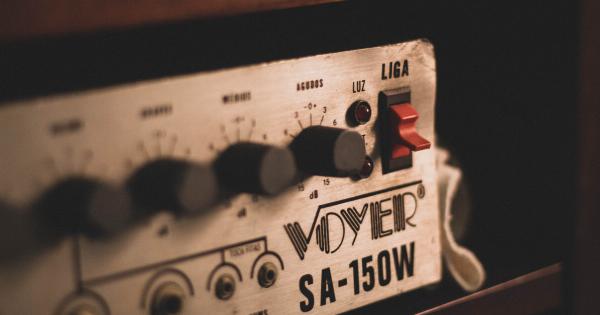According to the World Health Organization, dementia affects nearly 50 million people worldwide. It is a progressive and degenerative condition that impacts a person’s cognitive and functional abilities, and there is no known cure.
While medications can help manage some symptoms of dementia, non-pharmaceutical treatments have also proven effective in improving quality of life for those living with the condition. Here are some non-pharmaceutical treatments that can help manage dementia symptoms.
1. Cognitive Stimulation Therapy (CST)
CST is a structured program that involves group activities focused on stimulating cognitive abilities, such as memory, attention, and problem-solving skills.
CST has been shown to improve cognitive function and quality of life for people with mild to moderate dementia. In a study published in The Lancet, participants who received CST showed significant improvements in cognitive function and communication skills compared to those who received standard care.
2. Music Therapy
Music therapy involves the use of music to address physical, emotional, cognitive, and social needs of individuals.
The therapeutic benefits of music have been well-documented, including improving mood, reducing anxiety and agitation, and increasing social interaction. A study published in the Journal of Alzheimer’s Disease found that music therapy helped improve cognitive function and mood in people with dementia.
3. Art Therapy
Art therapy involves using art materials and creative processes to help individuals express themselves and explore their emotions.
Art therapy has been shown to improve communication skills, reduce anxiety and depression, and improve quality of life in people with dementia. A study published in the Journal of Gerontological Nursing found that art therapy improved communication and social engagement in people with dementia.
4. Pet Therapy
Pet therapy involves the use of animals, such as dogs and cats, to provide companionship and promote emotional well-being. Pet therapy has been shown to reduce agitation, improve mood, and increase social interaction in people with dementia.
A study published in the Journal of Psychiatric and Mental Health Nursing found that pet therapy helped reduce agitation and improve social interaction in people with dementia.
5. Exercise
Regular exercise has been shown to improve physical and cognitive function in people with dementia. Exercise can help improve balance, reduce falls, increase mobility, and promote overall health.
A study published in the Journal of Alzheimer’s Disease found that exercise improved cognitive function and reduced behavioral symptoms in people with dementia.
6. Reminiscence Therapy
Reminiscence therapy involves the use of photos, music, and other stimuli to help individuals with dementia recall past experiences and memories. Reminiscence therapy has been shown to improve mood, reduce agitation, and improve communication skills.
A study published in the Journal of Gerontological Nursing found that reminiscence therapy improved communication, social engagement, and quality of life in people with dementia.
7. Therapy Dolls
Therapy dolls are dolls designed specifically for individuals with dementia, and have been shown to reduce agitation and improve mood in people with the condition.
Therapy dolls can provide a sense of comfort and familiarity, and can be particularly helpful for those who have difficulty communicating verbally. A study published in the Journal of Clinical Nursing found that therapy dolls helped reduce agitation in people with dementia.
8. Aromatherapy
Aromatherapy involves the use of essential oils to promote physical and emotional well-being. Aromatherapy has been shown to reduce agitation, improve mood, and promote relaxation in people with dementia.
A study published in the Journal of Clinical Nursing found that aromatherapy helped reduce behavioral symptoms and improve quality of life in people with dementia.
9. Massage Therapy
Massage therapy involves the use of touch to promote physical and emotional well-being. Massage therapy has been shown to reduce anxiety and agitation, and improve mood and sleep quality in people with dementia.
A study published in the International Journal of Therapeutic Massage & Bodywork found that massage therapy helped improve mood and sleep quality in people with dementia.
10. Light Therapy
Light therapy involves the use of bright light to help regulate sleep and improve mood. Light therapy has been shown to reduce agitation, improve sleep quality, and regulate circadian rhythms in people with dementia.
A study published in the Journal of the American Geriatrics Society found that light therapy helped reduce agitation and improve sleep quality in people with dementia.




























